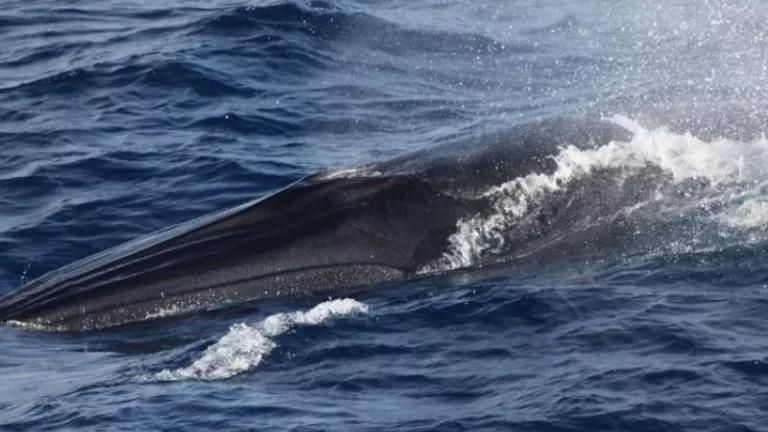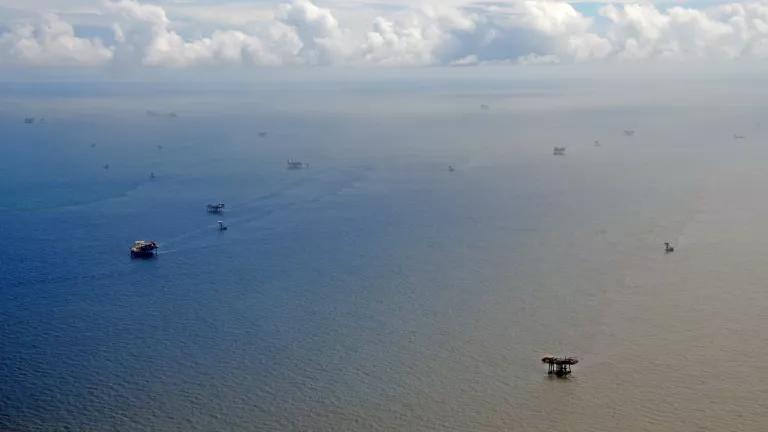While the media fervor over the Gulf oil disaster has died down somewhat, large amounts of oil still remain in the Gulf. In areas near Pensacola, Florida officials and local fishermen have reported finding weathered oil for weeks. This isn’t surprising, considering that the Administration’s own oil accounting revealed that half the Gulf disaster’s oil (over 100 million gallons) may still be in the Gulf. That’s an amount equivalent of nine Exxon Valdez-sized oil spills.
Thankfully, the Florida Keys has been spared so far from the Gulf oil disaster. As the days pass, the chance of oil marring the Keys’ ecological treasures becomes less likely, though the underwater plumes that have been found in deeper waters of the Gulf could be brought to shallower waters through natural upwelling.
Recently, NRDC and Oceana hosted a scientific conference to answer some of the questions the Florida Keys public had about how oil could impact their community and how people could help defend their home from harm. Local scientists and volunteer and response effort officials were on hand to discuss the potential impacts of oil on the area at the conference, called “The Gulf Disaster & the Florida Keys: What Are the Environmental Impacts & How to Help”. The panelists overall expressed their concern about declaring victory from this disaster too soon.
Given that not everyone is lucky enough to live in the Florida Keys and therefore many people were unable to attend, we filmed the conference so that others could hear more about the impacts that oil can bear on marine mammals, turtles, birds, fish, and natural habitats like sea grass and mangroves. Below please find a compilation of excerpts from some of the speakers.
[For specific information on:
Marine mammals, please see :30
Sea turtles, please see 2:34
Birds, please see 5:14
Sea grass and mangroves, please see 7:35
Tracking the oil, please see 10:35
Fisheries, please see 13:01]
Even as we remain alert for signs of oil from this spill, we need to plan ahead for any future emergencies. In his remarks, Captain Pat DeQuattro, the Commander of Sector Key West for the United States Coast Guard, urged the public not to wait to get involved.
We all need to learn from this disaster and ensure a tragedy of this magnitude never happens again.




